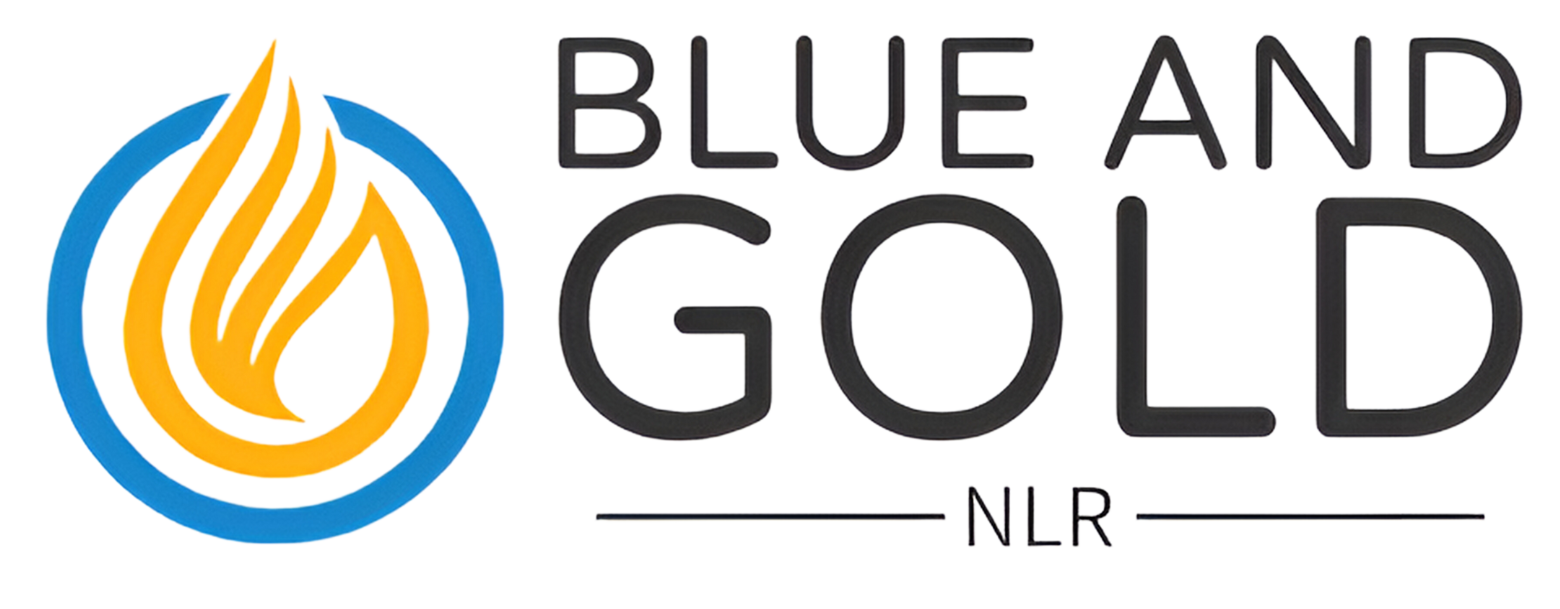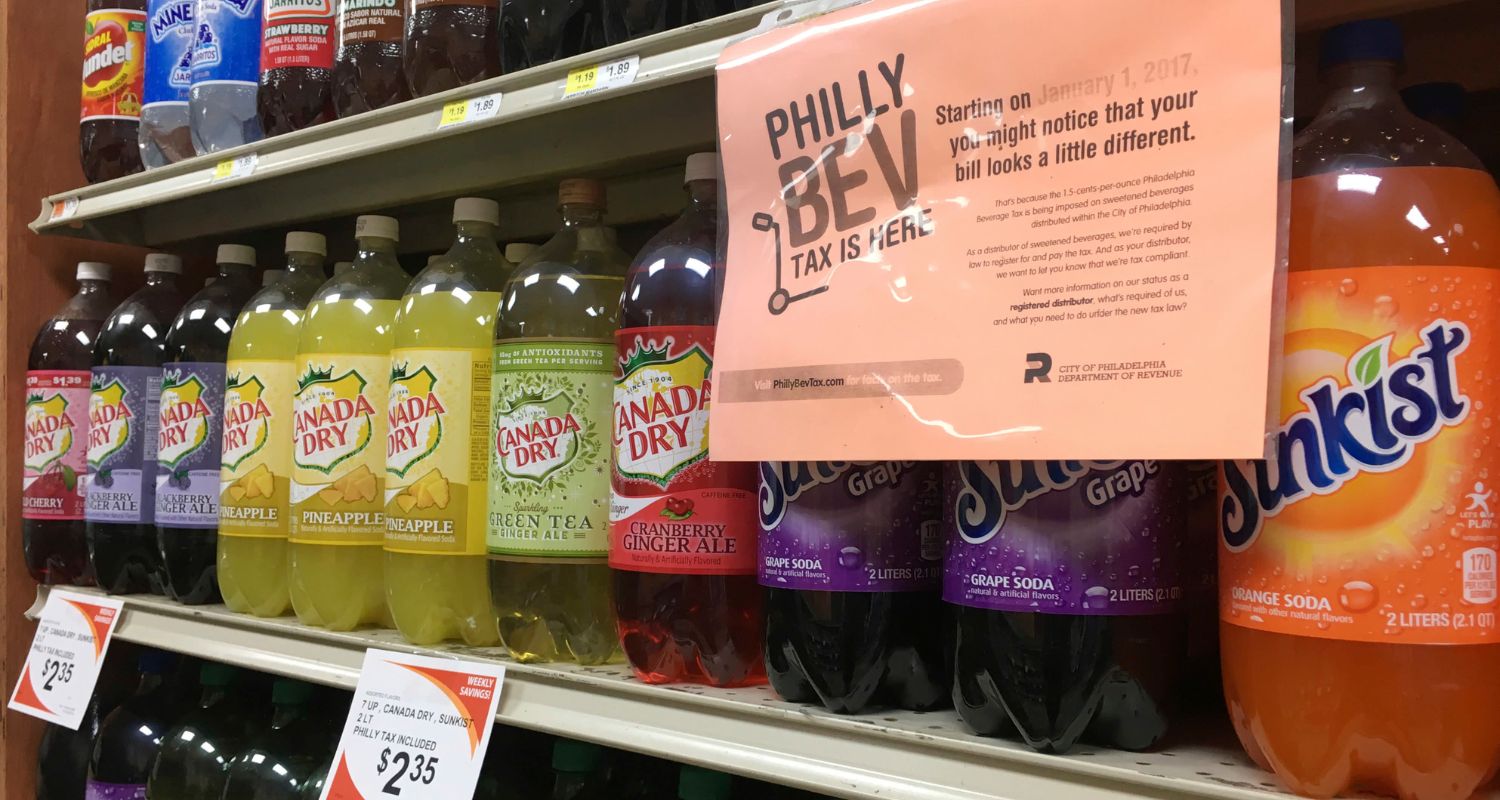The recent Pennsylvania sales tax case regarding the purchase of Perrier from Sheetz convenience stores has brought attention to the complexities of sales tax regulations on food and beverages. Jennifer Montgomery bought two bottles of Perrier from Sheetz, and sales tax was applied both times.
Montgomery sought a refund, arguing that Perrier should be exempt from tax as natural mineral water. However, the Pennsylvania Department of Revenue denied her petitions, asserting that Perrier is carbonated water and therefore subject to sales tax.
Pennsylvania tax law imposes a six percent sales tax on the retail sale of tangible personal property. Soft drinks are included in this tax, with the Department’s guidance specifying that soft drinks comprise carbonated beverages.
Montgomery contended that Perrier, being natural mineral water, should not be taxed as a soft drink due to its natural carbonation. Yet, the Commonwealth argued that Perrier fits the definition of soft drinks and is taxable as carbonated water.
The Court examined Perrier’s scientific and geographical origins, determining that it originates from non-flavored mineral water naturally carbonated from underground springs near Provence, France. The carbonation process for Perrier mirrors that of soft drinks like Coca-Cola and Pepsi.
Consequently, the Court concluded that Perrier, when purchased by consumers, contains carbonation, qualifying it as carbonated water subject to sales tax as a soft drink.
Montgomery’s argument that only artificially carbonated water should be taxed as a soft drink was dismissed by the Court, which ruled that Pennsylvania tax law does not differentiate between natural and artificial carbonation.
Judge Wolf affirmed that Perrier is carbonated water and thus subject to sales tax according to the law’s plain language. This case underscores the importance of comprehending the nuances of sales tax regulations, where seemingly minor details like carbonation can impact a product’s tax status.
In summary, the Court’s decision deems Perrier taxable as a soft drink in Pennsylvania. It serves as a reminder for consumers and retailers to understand the intricacies of sales tax laws, as even seemingly insignificant factors like carbonation can affect a product’s taxability.
The ruling in the case of Jennifer Montgomery v. Commonwealth of Pennsylvania provides clarity on the tax status of Perrier and offers guidance for future cases concerning the taxation of food and beverages.

